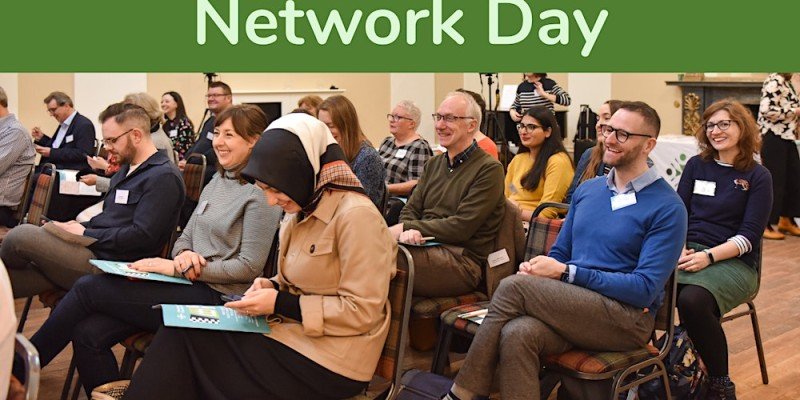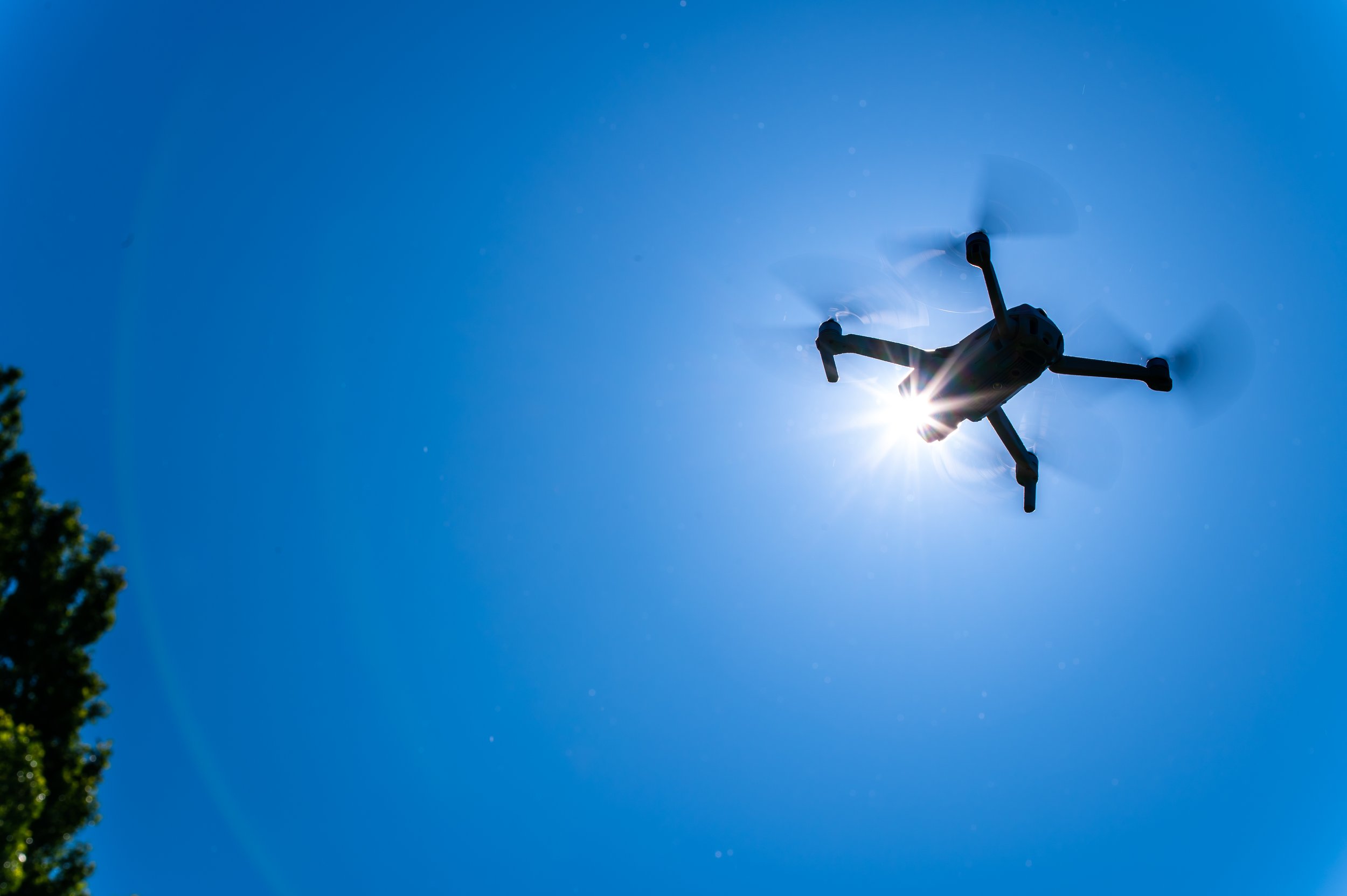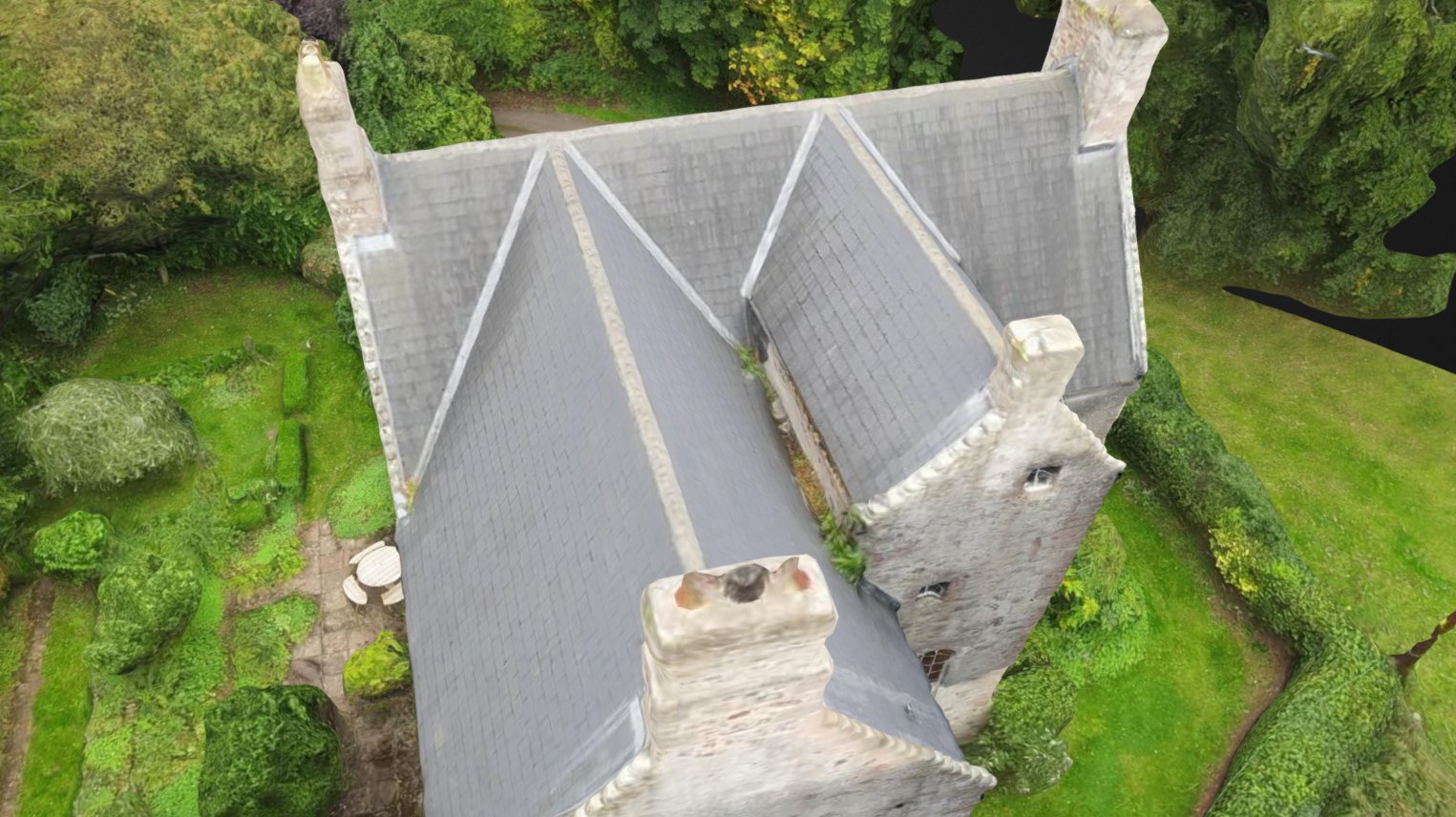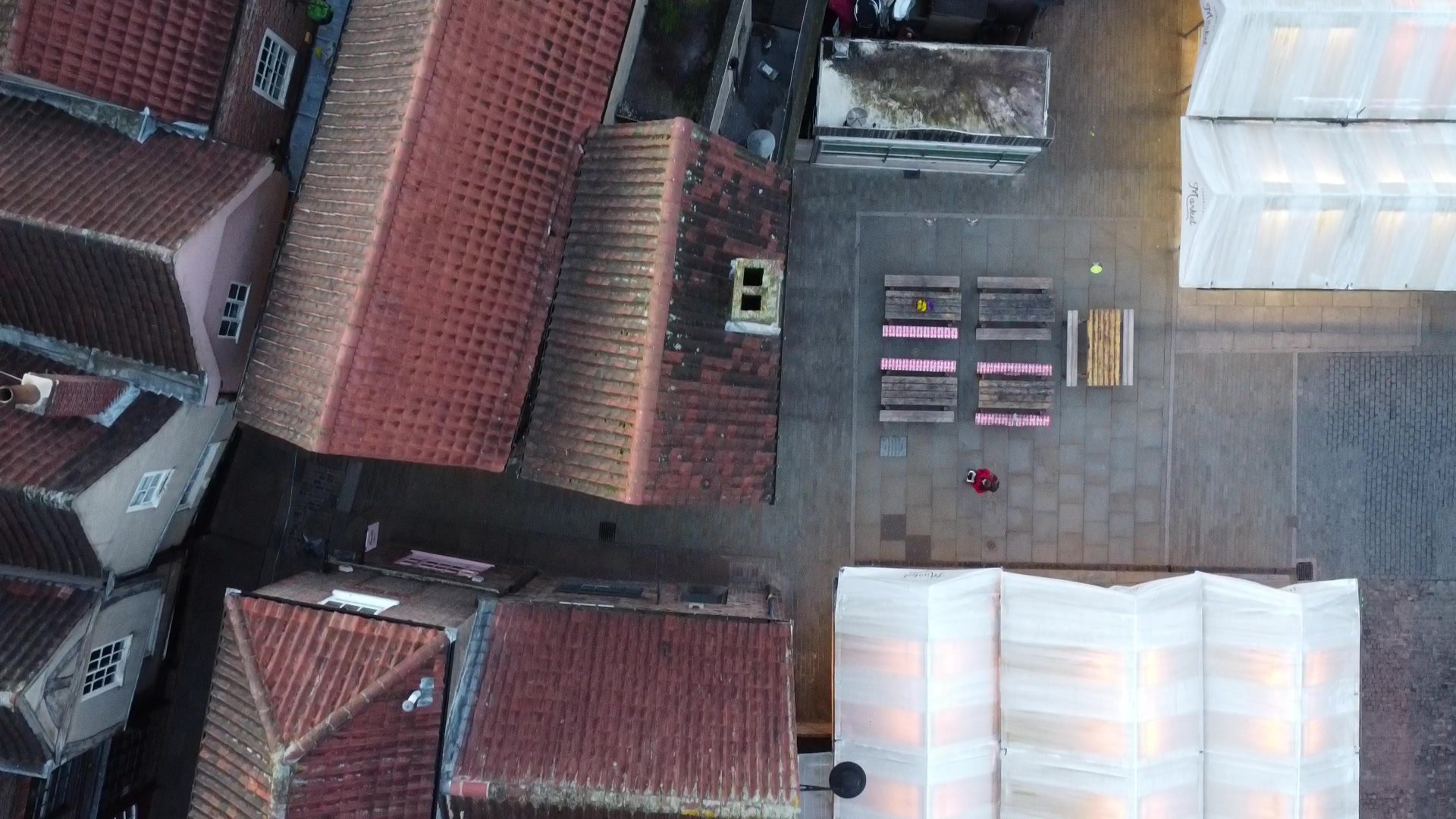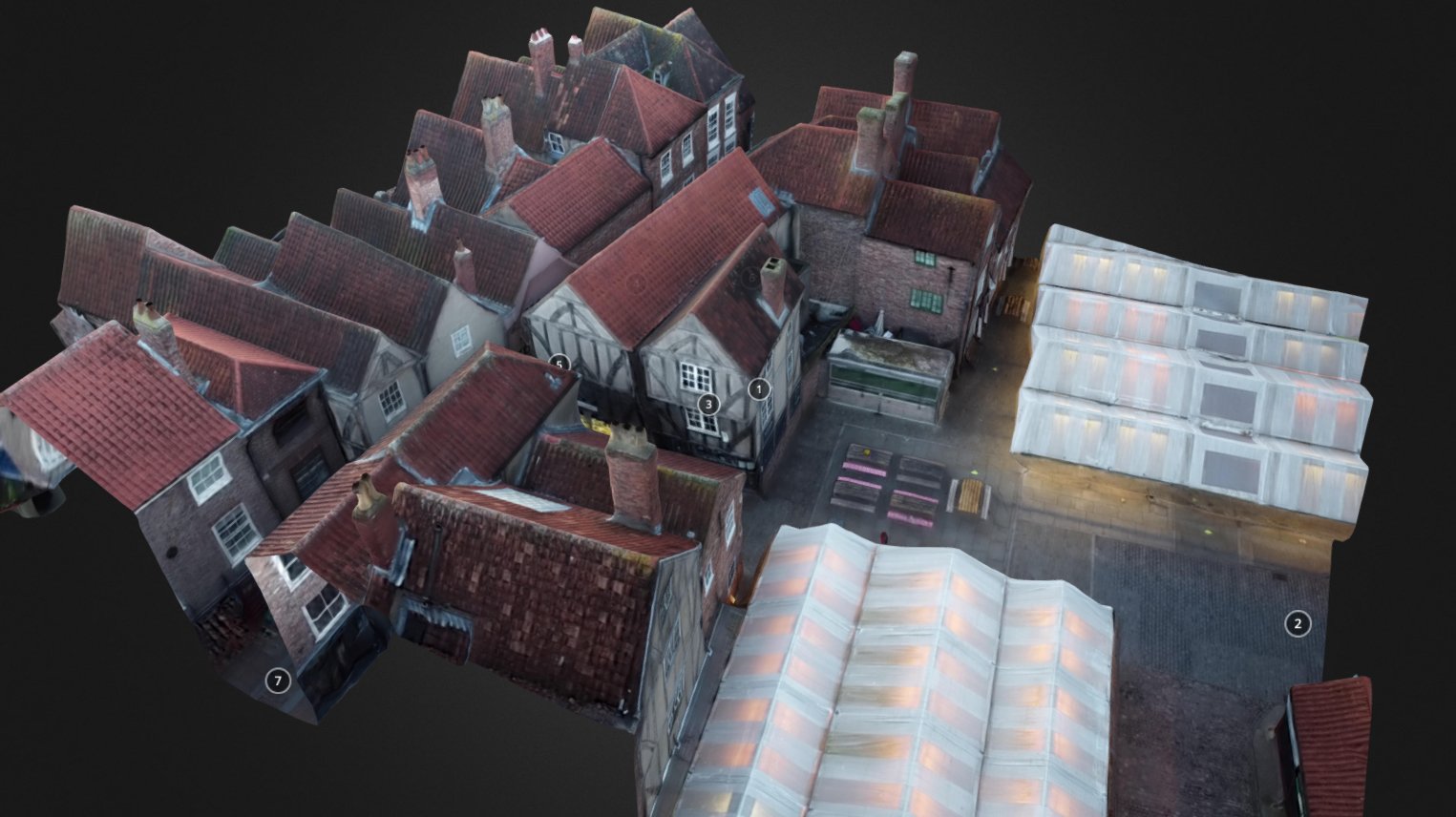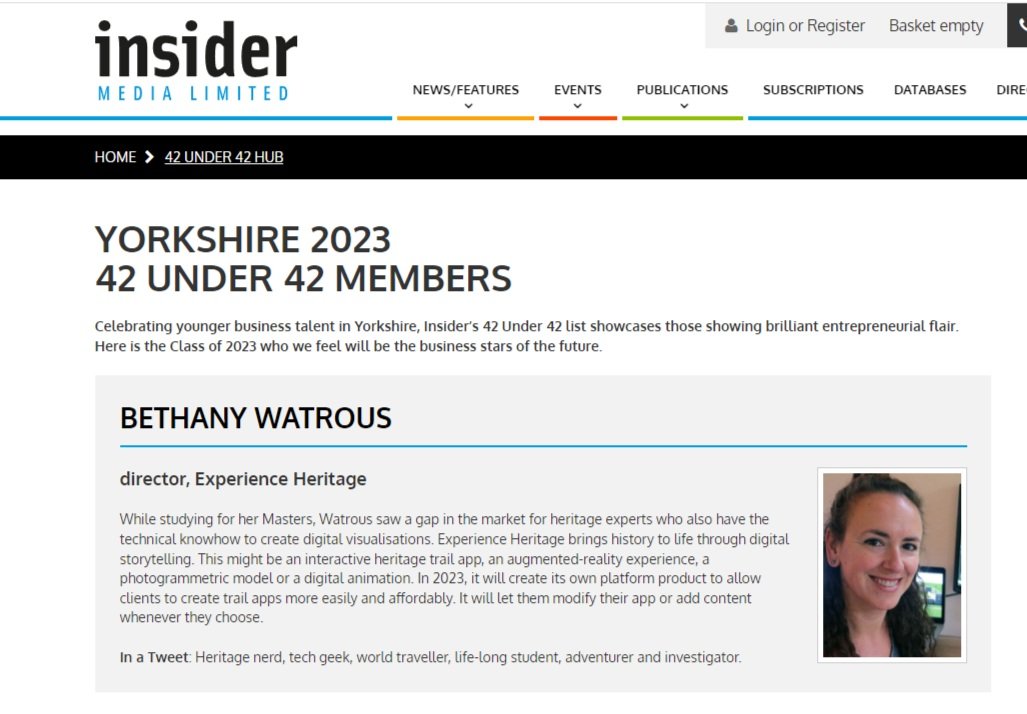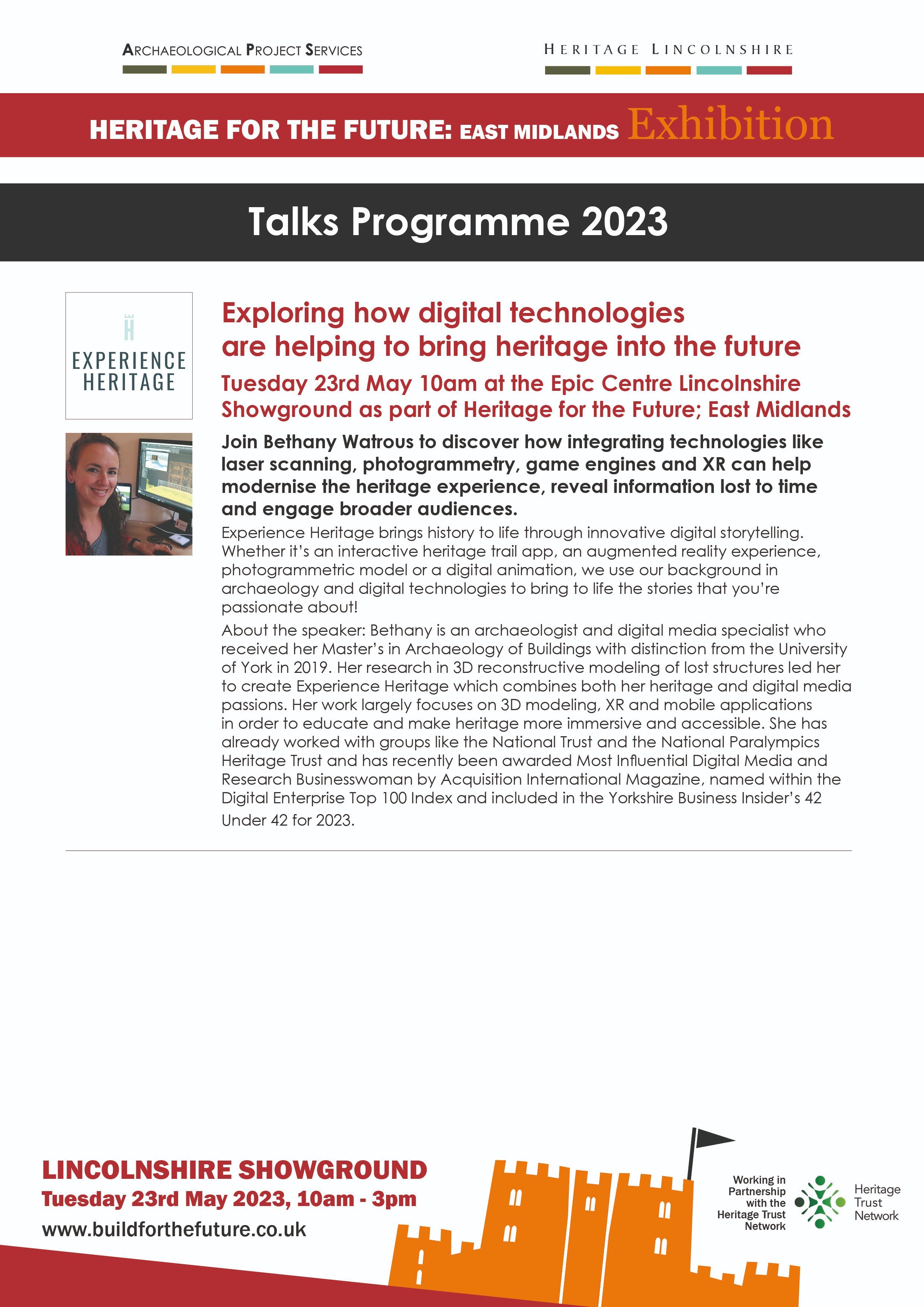Experience Heritage has been named a Global 100 winner, recognized as ‘Leading Software Company’ in 2023.
Global 100 each year consists of only 100 of the World’s leading firms and individuals as voted by their global readers from over 163 countries worldwide.
“The purpose of the Global 100 is to provide the readership with a comprehensive understanding of those firms that are truly leaders within their chosen areas of specialisation.
The Process:
The Global 100 does not follow the usual process followed by many other publishers. It follows a very specific, very comprehensive process, not commonly used elsewhere in the industry. Following the closure of the voting process, which follows a very strict format of self-submission and third-party nomination, firms are shortlisted and selected as winners, in this elite group as follows;
Assessment stage:
For each category awarded a proprietary method of analysis ranks winners based on their domestic and international work. This ranking method produces a list of shortlisted firms, based on a very comprehensive set of criteria.
Judging stage:
Once all votes have been received, an independent panel of judges review the votes within each category.
The judges will assess the following in their considerations:
The strategic nature of work conducted.
The complexity of work conducted.
The scale of work conducted.
Whether the work conducted was done so in a speedy manner, and within budget.
Any ground-breaking or innovative processes used during completion of conducted work.
The judges have been asked to focus strongly on the complexity and strategic significance of work conducted.
The above criteria underline’s the importance of the recognition each firm is receiving based on being recognised as a Global 100 winning firm.
In summary, the Global 100 program provides a benchmark of the very best of the best industry leaders, exemplary team’s and distinguished organisations.
It is a requirement for all our programs of recognition to receive no less than 24% in votes from the global readership, currently in excess of 376,000. This policy is applied to further endorse the worthiness of the awards presented and any marketing carried out as a result of the process.”
